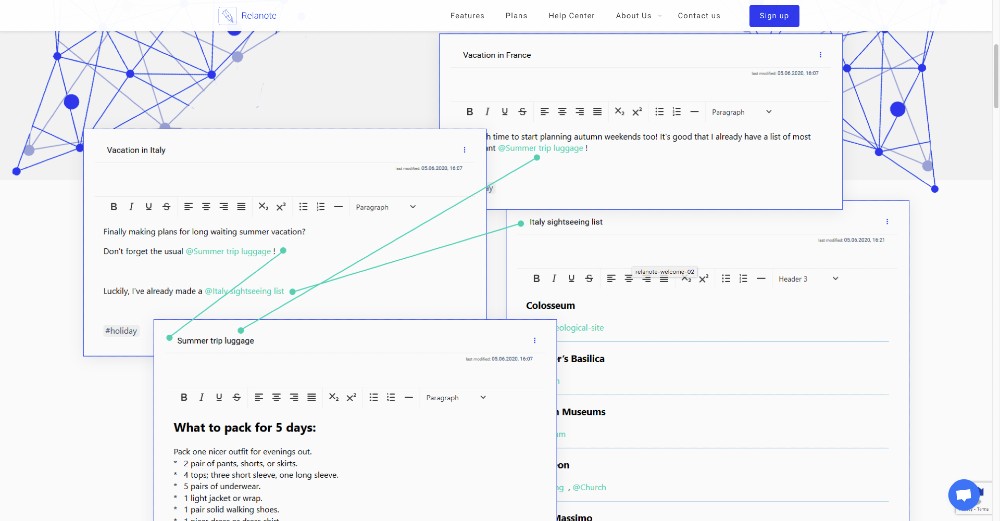The late Maya Angelou was known to have said, “I’ve learned that you can tell a lot about a person by the way (s)he handles these three things: a rainy day, lost luggage, and tangled Christmas tree lights.” How does this apply to failed real estate transactions? Let me enlighten you…
I believe that this humorous quote is quite true – you can learn a lot about a person when the going gets tough. That is, when a real estate transaction begins to face challenges or when there are signs it is going to fall through, you can learn a lot about an agent by his or her behavior in the face of adversity.
Having assisted agents in closing thousands of transactions, here are the six largest lessons that I’ve learned from these failed transactions:
- Never oversell your services. Don’t promise the moon if you cannot even deliver the stars. That is, don’t offer up marketing programs that you cannot deliver. Don’t promise your client that the property will be on page one of Google if it will not. And, never promise that you can save a client from foreclosure or negotiate a sale for top dollar. It’s not generally a good idea to guarantee that you can sell a property—especially at a price that does not align with the current market value. When you cannot deliver on your promises, clients get angry. This anger will result in bad reviews, no referrals, and possibly even a cancellation of contract.
- Don’t be pushy. If a client is on the fence about making an offer or listing the property for sale, never be too pushy. It is generally a good idea to document the pros and cons in order to help a client make a more informed decision. However, if you push clients to list their home as a short sale when they are still considering a loan modification or when you push buyers to make an offer on a property they don’t really like, your behavior will come back to bite you in the butt. Help clients make informed decisions in their own best interest—not yours.
- Always read the preliminary title report. If you are listing a property for sale or if you represent a buyer on a purchase, one of the first things that you must do is review the title report. If there are a significant number of unpaid liens, the seller will need to pay those off at closing. Often, this can be difficult or there may not be enough funds to close and cover the seller’s obligations. So, don’t put your buyers into a situation like this, and don’t take a listing if you are not going to be able to get it closed.
- Always check proof of funds. If the buyer is an investor buying on behalf of a corporation, limited liability company, trust, or partnership, make sure that the buyer has the authority to sign on behalf of the entity prior to moving forward. Obtain proof of funds monthly if you have an ongoing relationship with the buyer in order to confirm that the entity has the necessary buying power.
- Have the lender update the pre-qualification letter monthly. Since lending guidelines are constantly in a state of flux, it’s a good idea to ask your buyer’s lender to provide you with a new pre-qualification or pre-approval letter monthly. With the fluctuation of interest rates and the risk of a buyer purchasing a big-ticket item on credit, you’ll always want to be certain that the buyer will qualify for a loan before moving forward and making an offer.
- Don’t waste time on anyone with irrational expectations. Perhaps you are working with an investor buyer that wants to purchase a home to flip for 50 cents on the dollar. Or… perhaps you are working with a seller that wants to sell his home for $300k over market value. It doesn’t matter how hard you try – this individual may be a waste of time. Consider how many money-making opportunities you’ve lost while spending time showing countless properties and making lowball offers. Instead, focus on lead generation and money-making activities for individuals and transactions that will actually close.
You can avoid panic mode in your next real estate transaction if you heed this advice. The greatest benefit from a failed transaction is what you actually learn and how you can apply it. You don’t want the same stinking stuff to happen to you over and over again.
Melissa is an in-demand business success speaker and author, as well as a real estate broker with thousands of short sale transactions under her belt. She leverages her experience as a short sale insider to motivate thousands of business professionals to plan their careers better, execute more effectively on their plan, and earn more because of it.















































